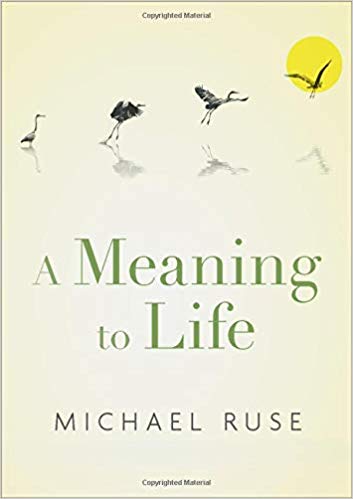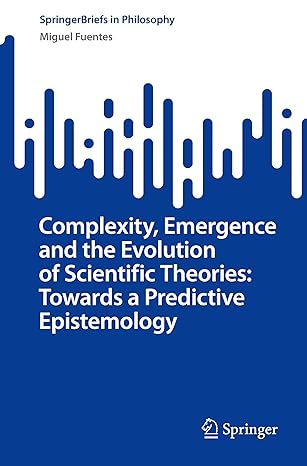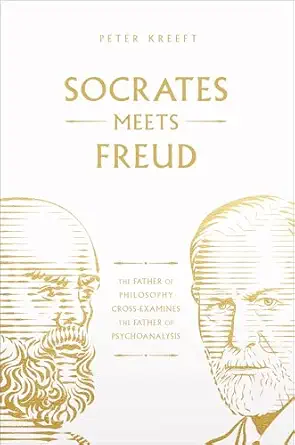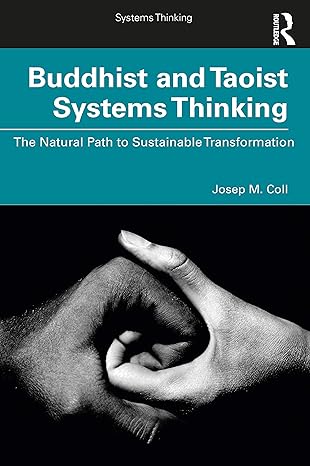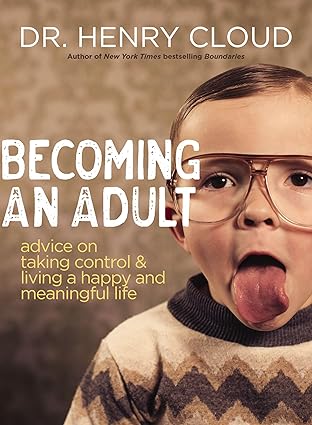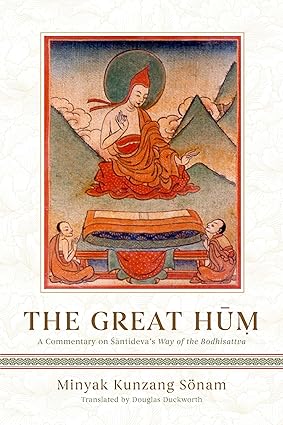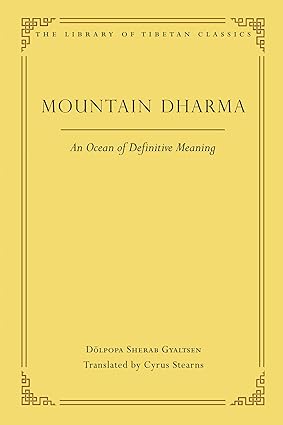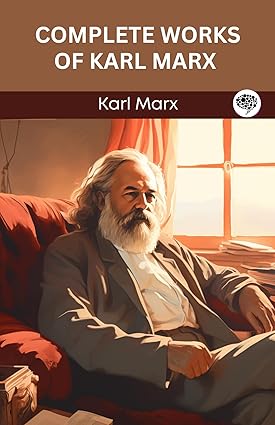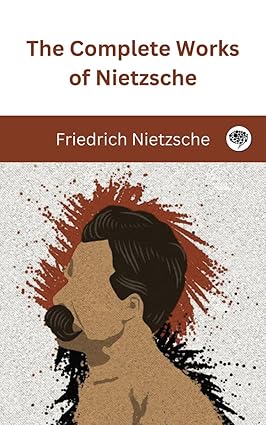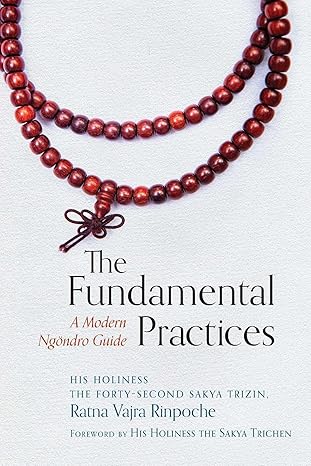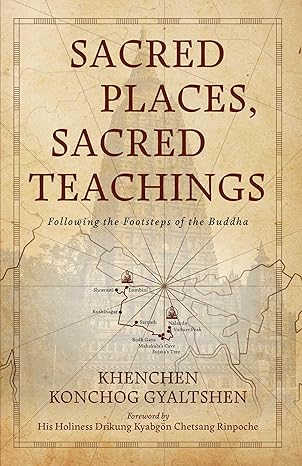Does human life have any meaning? Does the question even make sense today? For centuries, the question of the meaning or purpose of human life was assumed by scholars and theologians to have a religious answer: life has meaning because humans were made in the image of a good god. In the 19th century, however, Charles Darwin's theory of evolution changed everything-and the human organism was seen to be more machine than spirit. Ever since, with the rise of science and decline of religious belief, there has been growing interest - and growing doubt - about whether human life really does have meaning. If it does, where might we find it?
The historian and philosopher of science Michael Ruse investigates this question, and wonders whether we can find a new meaning to life within Darwinian views of human nature. If God no longer exists-or if God no longer cares-rather than promoting a bleak nihilism, many Darwinians think we can convert Darwin into a form of secular humanism. Ruse explains that, in a tradition going back to the time of Darwin himself, and represented today by the evolutionist E. O. Wilson, evolution is seen as progress -- "from monad to man" - and that positive meaning is found in continuing and supporting this upwards path of life. In A Meaning to Life, Michael Ruse argues that this is a false turn, and there is no real progress in the evolutionary process. Rather, meaning in the Darwinian age can be found if we turn to a kind of Darwinian existentialism, seeing our evolved human nature as the source of all meaning, both in the intellectual and social worlds. Ruse argues that it is only by accepting our true nature - evolved over millennia - that humankind can truly find what is meaningful.
چکیده فارسی
آیا زندگی انسان معنایی دارد؟ آیا این سوال حتی امروز معنی دارد؟ برای قرنها، پرسش از معنا یا هدف زندگی انسان توسط علما و متکلمان به عنوان یک پاسخ دینی فرض میشد: زندگی معنایی دارد زیرا انسانها به شکل خدایی خوب ساخته شدهاند. با این حال، در قرن نوزدهم، نظریه تکامل چارلز داروین همه چیز را تغییر داد - و ارگانیسم انسان بیشتر ماشینی بود تا روح. از آن زمان، با ظهور علم و افول باورهای دینی، علاقه فزاینده - و شک فزاینده - در مورد اینکه آیا زندگی انسان واقعاً معنایی دارد یا خیر، افزایش یافته است. اگر دارد، کجا میتوانیم آن را پیدا کنیم؟
مورخ و فیلسوف علم، مایکل روس، این پرسش را بررسی میکند و از خود میپرسد که آیا میتوانیم معنای جدیدی برای زندگی در دیدگاههای داروینی درباره طبیعت انسان پیدا کنیم؟ اگر خدا دیگر وجود نداشته باشد - یا اگر خدا دیگر اهمیتی نمی دهد - به جای ترویج یک نیهیلیسم تیره و تار، بسیاری از داروینیان فکر می کنند که می توانیم داروین را به شکلی از اومانیسم سکولار تبدیل کنیم. راس توضیح میدهد که در سنتی که به زمان خود داروین بازمیگردد، و امروزه توسط تکاملگرا E. O. Wilson ارائه میشود، تکامل بهعنوان پیشرفت در نظر گرفته میشود - «از موناد به انسان» - و معنای مثبت در ادامه و حمایت از آن یافت میشود. مسیر صعودی زندگی مایکل راس در معنایی برای زندگی استدلال می کند که این یک چرخش نادرست است و هیچ پیشرفت واقعی در روند تکاملی وجود ندارد. بلکه اگر به نوعی اگزیستانسیالیسم داروینی روی بیاوریم و طبیعت انسانی تکامل یافته خود را سرچشمه همه معنا بدانیم، چه در دنیای فکری و چه در دنیای اجتماعی، معنا را در عصر داروینی می توان یافت. راس استدلال می کند که تنها با پذیرش ماهیت واقعی ما - که طی هزاران سال تکامل یافته است - است که نوع بشر می تواند واقعاً آنچه را معنادار است پیدا کند.
ادامه ...
بستن ...
Ebook details:
عنوان: A Meaning to Life (Philosophy in Action)
نویسنده: Michael Ruse
ناشر: Oxford University Press (April 18, 2019)
زبان: English
شابک: 0190933224, 978-0190933227
حجم: 6 Mb
فرمت: True Pdf
ادامه ...
بستن ...
